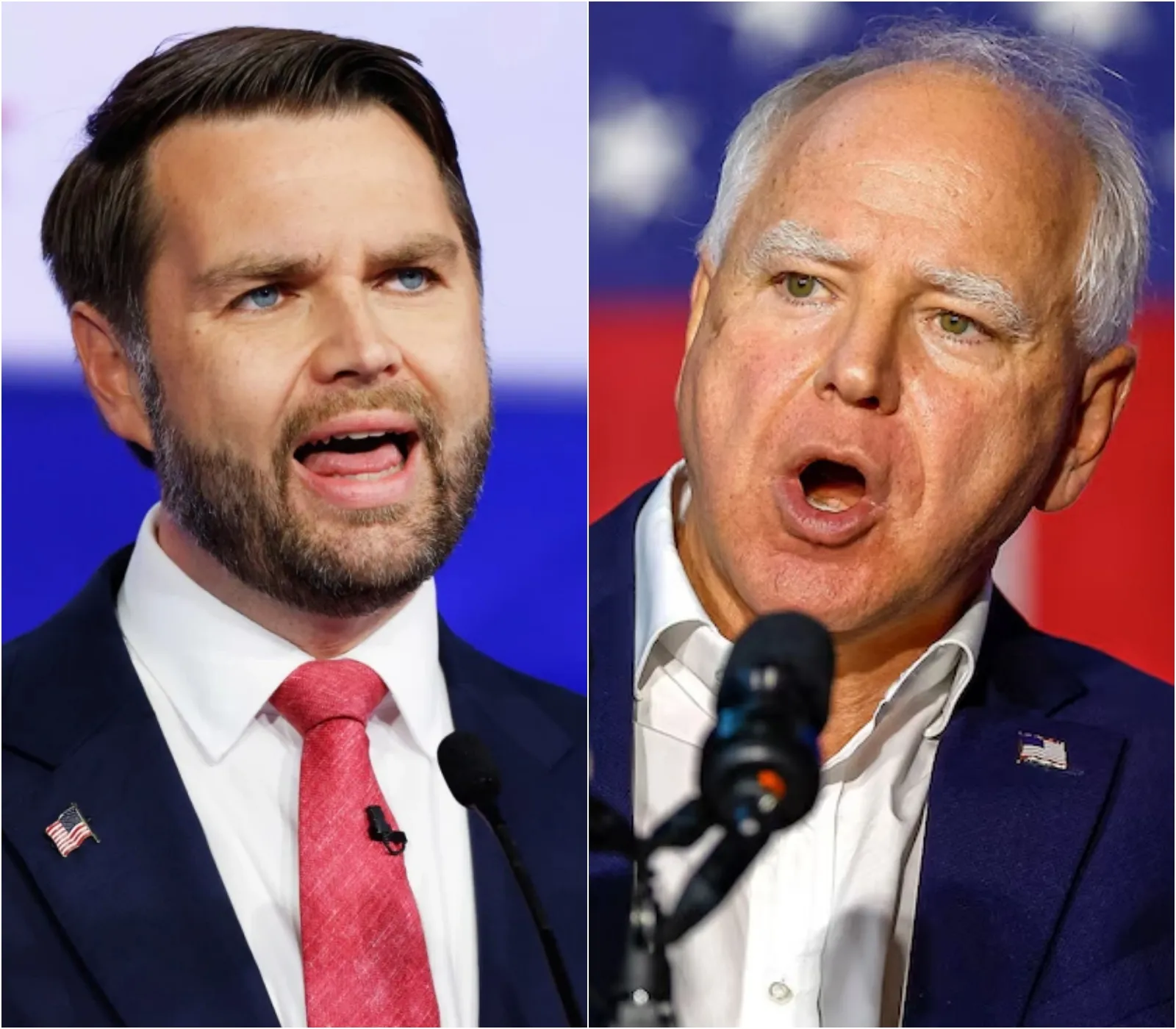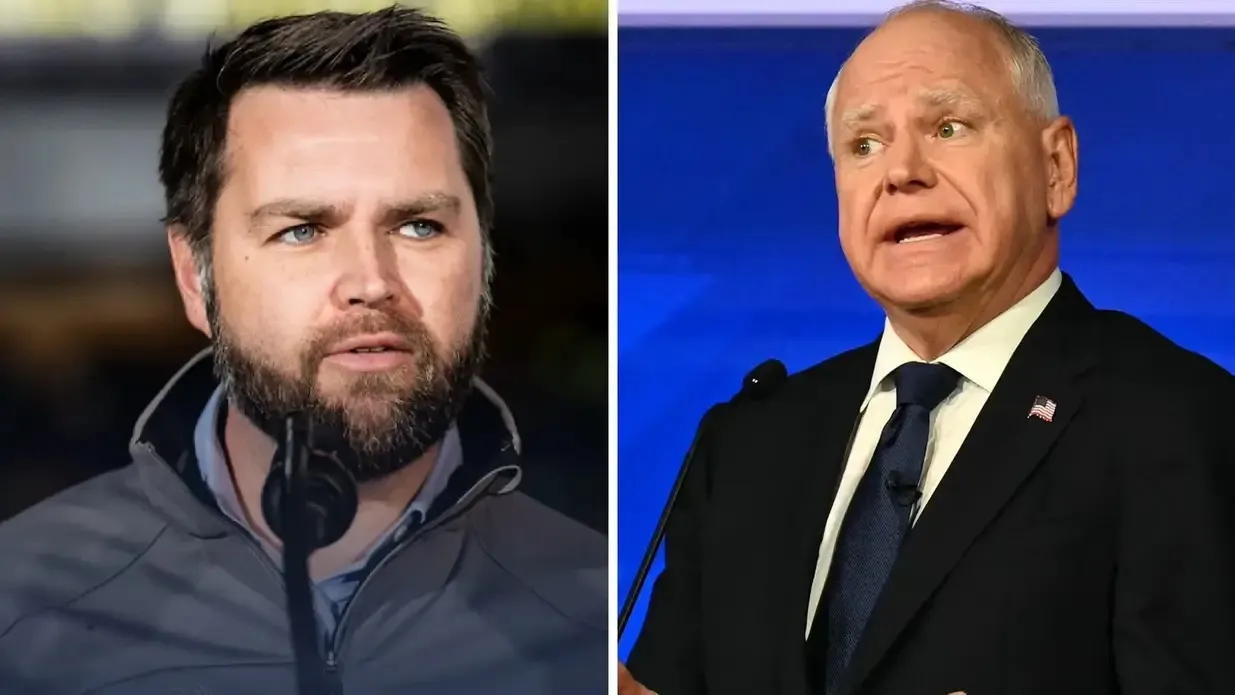In a stunning legal move, J.D. Vance, the Republican Senator from Ohio, is preparing to file a $1 billion lawsuit against CBS over what he claims was blatant bias in their coverage of the recent Vice Presidential debate. According to Vance and his legal team, the network’s coverage was intentionally skewed to disfavor his political allies, unfairly shaping public perception in what they are calling an unprecedented act of media malpractice.

Vance, who has been a vocal critic of media bias throughout his political career, alleges that CBS deliberately manipulated its post-debate analysis to favor the Democratic candidate. His legal team claims that “strategic editing, selective commentary, and misleading headlines” were used to undermine the Republican candidate’s performance while promoting a more favorable narrative for their opponent.
The lawsuit argues that CBS failed to provide a fair and balanced perspective, which not only misled viewers but also potentially altered the outcome of the debate’s public reception. Vance’s lawyers believe the damage caused by CBS’s alleged bias is severe enough to justify a billion-dollar claim.
In a fiery public statement, Vance blasted CBS, stating, “This isn’t just about one debate or one candidate. This is an attack on democracy itself. When major news networks become propaganda machines, it threatens the integrity of our entire political system.”
Vance’s remarks are likely to resonate with conservatives who have long accused mainstream media outlets of having a left-leaning slant. His lawsuit, however, is a bold escalation in the ongoing battle between politicians and the press.
Legal experts are watching this case closely, as it could set a precedent for future media-related lawsuits. While politicians have frequently accused news organizations of bias, few have taken it this far. Should Vance succeed, the outcome could have a chilling effect on how major networks cover political events moving forward.
“This case could redefine media accountability,” said one legal analyst. “If CBS is found liable for $1 billion, it will send shockwaves through the industry, forcing news outlets to reconsider how they handle political coverage.”

Unsurprisingly, CBS is not taking the lawsuit lightly. In a swift response, the network issued a statement defending their debate coverage and denying any allegations of bias. “CBS stands by its journalistic integrity and commitment to providing fair and accurate reporting,” the statement read. “We look forward to defending our work in court.”
They argue that their post-debate analysis was based on expert opinions and independent fact-checking, with no intention of showing favoritism. CBS’s legal team is expected to mount a strong defense, dismissing the lawsuit as a political stunt designed to rally Vance’s conservative base.
This lawsuit comes at a time when media trust is at an all-time low. A recent Gallup poll showed that only 36% of Americans have confidence in mass media to report news fully and fairly. For many, Vance’s lawsuit may feel like a long-overdue challenge to the perceived biases of major news outlets.
However, critics argue that this legal battle could have dangerous implications for freedom of the press. If networks are constantly under the threat of billion-dollar lawsuits, they may become more hesitant to engage in the kind of critical reporting that is essential in holding politicians accountable.
As the lawsuit prepares to head to court, both sides are gearing up for what could be a highly publicized legal showdown. With $1 billion on the line and the future of political media coverage at stake, this case is poised to be one of the most consequential legal battles in recent memory.
Will J.D. Vance’s lawsuit succeed, or will CBS prove that their coverage was fair and impartial? Either way, this case is sure to ignite a fierce national debate about the role of media in politics.



